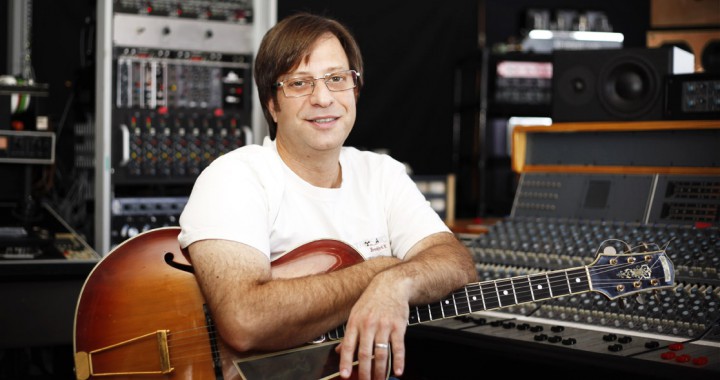In this article originally published in Musician’s Friend , MetroSonic Recording Studio Chief Engineer, Pete Mignola, answers some basic questions on what should go into your preparations heading into a recording session:
Q: How can bands/musicians prepare ahead of time to make sure they get the most out of their studio time?
A man carrying a violin case in NYC is approached by a tourist & asked “how do I get to Carnegie Hall”? He pauses for a minute and with a smile replies “practice, practice, practice”. Indeed, your band should be well rehearsed before you even think about booking studio time. Heading into a session with the assumption of relying heavily on computer manipulation to somehow make up for your artistic and technical accomplishment is a huge mistake. Editing, overdubs and auto-tune are useful tools, but there is no substitute for an artist or band that can actually play through the song they are attempting to record. Another consideration is understanding the various roles of the key people involved in your production and identifying clearly who is responsible for what. Who is the producer, and if the band is collectively producing, how are the roles and responsibilities being divided up? Don’t wait until you get into the studio to start figuring that out. Have realistic goals set for each session. Talk with the engineer about your plans for each session & get some objective input on what you should be doing and how you should do it. A good engineer will help you keep your project on track (no pun intended) so keep yourself open to suggestions from him about the process.
Q: What are some things bands/musicians should look for (or questions they should ask) when choosing a studio?
For many, the primary criteria for choosing a studio is the price and/or rate. Yes, it is important to be sure that the studio you choose fits your budget but it is also important to remember that in choosing a studio there are many variables in play; as they say, you often get what you pay for. If you save $200 recording your music at a particular studio instead of another, but in the end, you are not happy with the results, you have to ask yourself, what did we really save? Conversely, spending more does not necessarily guarantee better results. Find a studio that fits your needs, one where the body of music done there best represents your esthetic and you will likely be in the right place to get your project done. Meet the manager and get a sense for the place. If you feel comfortable and like the people you meet, again, you are likely headed in the right direction.
Q: What makes your studio different from others?
Recording Studios will often distinguish themselves by location or with an impressive equipment list. I believe that what sets MetroSonic apart from others and defines any studio or business is in fact the people who run it. MetroSonic is well know for specializing in all analog recording, but having classic Ampex 1200 and 102 tape machienes, an original Universal 176, or one of a kind pair of custom RCA 44s is only part of the picture. The staff at MetroSonic understands the analog process and has 30 years of experience to back that up. MetroSonic was built utilizing the large windows & natural lighting of the owner’s authentic artist live/work loft, offering a uniquely comfortable & creative environment.
A few good tips that should help anyone shopping for a studio and looking to save time & money while they are there.
Follow this link to read the original Musician’s Friend article in it’s entirety & you’ll find great tips from a number of producers & engineers.
If you liked the article don’t forget to Share it and check us out on Facebook, Twitter, and Youtube!

